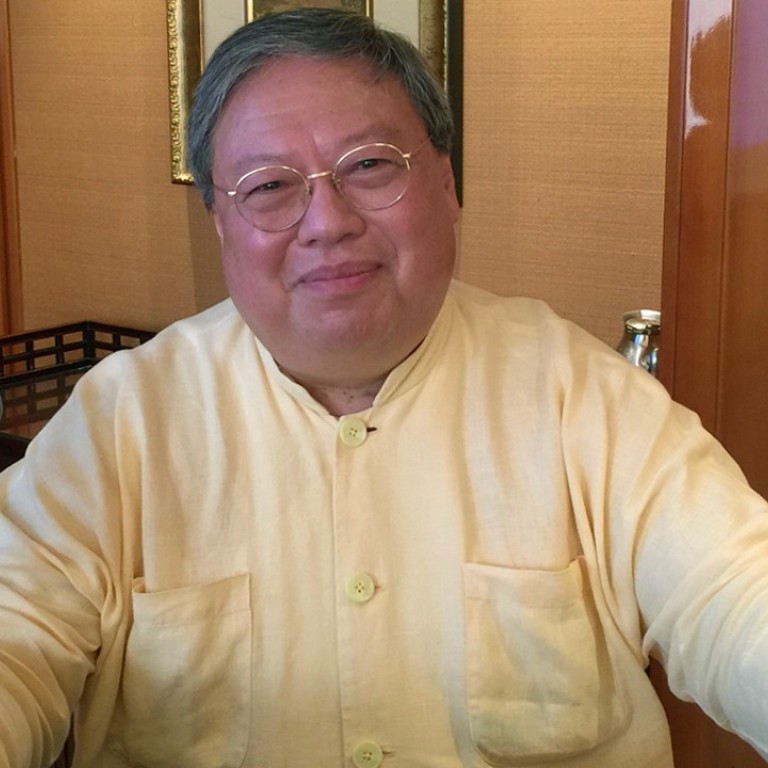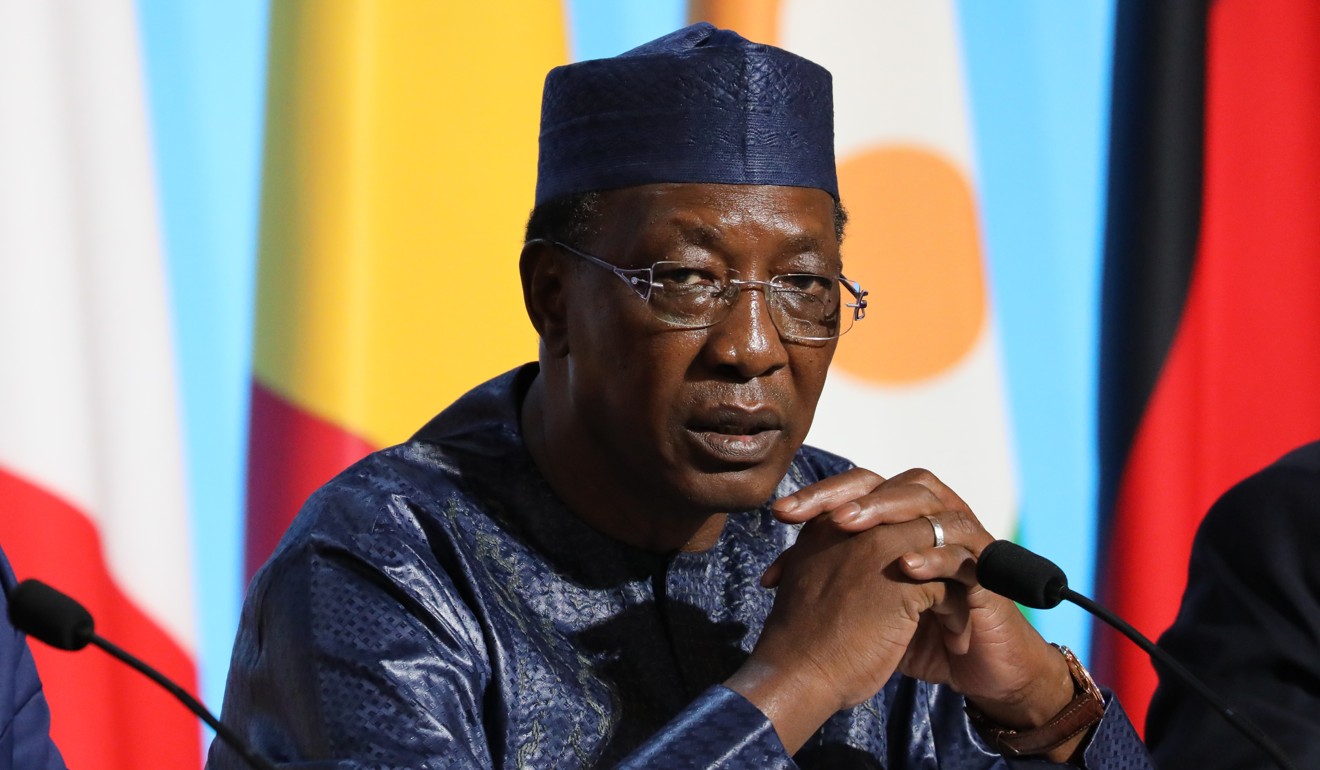
Jurors in Patrick Ho’s bribery trial will hear accounts of arms sales, US judge rules
- US District Judge Loretta Preska finds against the defence on several motions in last hearing before trial in Manhattan begins on November 26
- Prosecutors will also be able to have a former co-defendant testify against Ho about an alleged scheme to bribe Chadian president Idriss Déby.
A US district judge has ruled that jurors in the coming bribery trial of former Hong Kong minister Patrick Ho Chi-ping will hear evidence related to allegations that Ho sold weapons to Libya, Qatar, and South Sudan in 2015, one of several setbacks his defence team suffered in a final pretrial hearing on Wednesday.
US District Judge Loretta Preska also permitted federal prosecutors to call to the stand Cheikh Gadio, formerly a co-defendant in Ho’s case, who will testify that Ho and the Chinese oil and gas company Ho is affiliated with – CEFC China Energy – tried to offer a US$2 million cash bribe to the Chadian president Idriss Déby. Gadio was charged a year ago as a co-conspirator in the case, but agreed to testify against Ho in exchange for charges being dropped.
Ho, who had been working for a US-registered think tank affiliated with CEFC China after he left the Hong Kong government in 2007, is accused of sending US$2.9 million worth of bribes to Déby; Uganda’s foreign minister, Sam Kutesa; and Gadio, who was formerly Senegal’s foreign minister, in exchange for oil rights for CEFC China in Chad and Uganda.
Facing eight counts of bribery and money laundering, Ho could get as many as 30 years in prison if found guilty on all counts.
Prosecutors contend that Ho helped Déby secure China’s military assistance in cracking down on the militant Islamist group Boko Haram by channelling arms sales through Iranian financial institutions. Although Ho is not on trial for these allegations, the prosecuting team will use evidence related to them to prove that Ho has a track record of doing deals in the Middle East and Africa in return for favourable terms for CEFC’s business interests in the region.
Evidence related to the arms sales show that “the transactions were made to advance the interests of CEFC China” and were not related to charitable donations on behalf of the affiliated think tank, Judge Preska said in Wednesday’s hearing at federal court in Manhattan.
Moreover, Gadio can be a witness in Ho’s trial because he testified while he was a defendant that Ho and other CEFC officials presented Déby with a box of cash in 2014, Preska said. Jurors should hear Gadio’s “perception about the right way to make a charitable donation and why what happened wasn’t”.

Preska ruled that additional, potentially incriminating evidence against Ho can be used in the trial, which is set to begin on November 26, including the payment of US$50,000 and a free Hong Kong trip to John Ashe, the president of the United Nations General Assembly from 2013 to 2014, in exchange for further cooperation in support of CEFC China after Ashe stepped down.
US prosecutors have already charged Ho with offering a bribe to Ashe’s successor, Kutesa. That bribe reportedly included US$500,000 from CEFC to support Ugandan President Yoweri Museveni’s re-election campaign. That amount is part of the overall US$2.9 million in bribes Ho is charged with making.
Ashe was charged with failing to disclose a bribe in a separate case, but died before a trial.
Ho will also face challenges in terms of what testimony Preska ruled on Wednesday to be inadmissible, including expert witness Harvard University professor William Kirby, who the defence team wanted to explain to jurors how Ho’s work for CEFC China was “in furtherance of the Chinese state’s agenda”.
Preska is denying Kirby’s testimony because “discussion of China’s foreign policy has no place in this trial” and Kirby ” has no first-hand knowledge of the events in question”.

